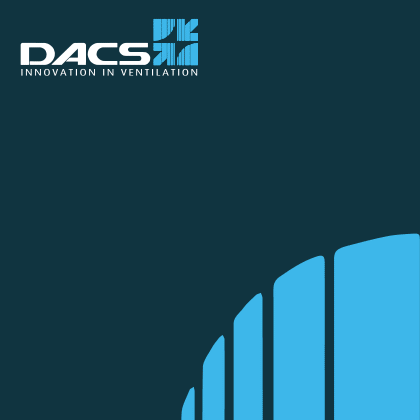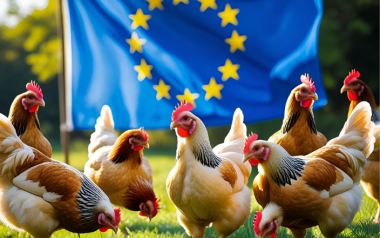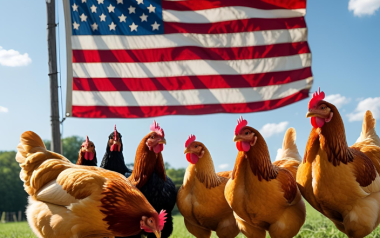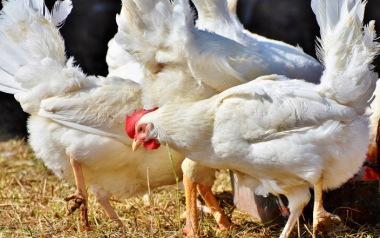19 May 2025
Malaysia backs cooperative egg farming to boost supply, economy
In a strategic move to strengthen Malaysia’s food security and stimulate rural economic growth, a legislator has called for increased investment in large-scale layer poultry farming through rural cooperatives.
In a strategic move to strengthen Malaysia’s food security and stimulate rural economic growth, Sri Aman Member of Parliament Doris Sophia Brodie has called for increased investment in large-scale layer poultry farming through rural cooperatives.
Speaking at the closing ceremony of a knowledge-sharing program organized by the Cooperative Institute of Malaysia (IKMA) in Sarawak, Ms Brodie emphasized the economic potential of coordinated egg production in the region.
She highlighted that cooperative-led ventures could transform Sri Aman into a key national egg supplier, reducing Malaysia’s reliance on imports.
“By pooling manpower and resources through cooperatives, communities can establish centralized egg production hubs, reduce operational costs, and unlock new income streams,” Ms Brodie said.
“This initiative is not only about food security—it’s about rural empowerment and creating sustainable livelihoods.”
The program, held at Rumah Ngumbang, Kampung Tuba, also featured insights from Universiti Teknologi Mara (UiTM) Kota Samarahan and agricultural experts from Universiti Putra Malaysia. It drew over 250 participants from multiple rural communities, underscoring strong local interest in layer poultry entrepreneurship.
Ms Brodie praised IKMA’s outreach to remote areas and stressed the importance of technical training and capacity building for cooperative members.
She also noted the dual economic benefits of layer poultry, citing both egg production and poultry meat sales as viable income sources.
Multi-layered strategy
Koperasi Kampung Tuba Simunjan Berhad (KKTSB), one of the featured cooperatives, is spearheading efforts to develop Kampung Tuba into a regional center for egg and poultry production.
KKTSB Chairman Dr Tamoi Janggu described the initiative as part of a broader collaboration with UiTM to foster entrepreneurship, enhance household income, and create employment opportunities in Sarawak’s rural heartland.
With Malaysia seeking ways to localize food production and reduce its dependence on foreign imports, the cooperative farming model presents a scalable, community-driven solution with significant potential for investor support and agri-business development.











































